Couples Addiction Treatment Program in Ohio
Addiction can place immense strain on any relationship, especially when both partners are struggling with substance abuse. Finding a specialized couples addiction treatment program in Ohio can be the key to regaining health, trust, and stability in your relationship. In this article, we will explore how Couples Rehabs, located in Ohio, can help couples break the cycle of addiction together. From understanding the unique challenges of couples addiction recovery to discovering the right treatment options, this guide offers valuable insights for couples seeking to rebuild their lives.
Why Choose Couples Addiction Treatment?
Addiction is a disease that affects not only the individual but also the relationships closest to them. For couples in Ohio struggling with addiction, a joint treatment approach can address both individual and relationship issues simultaneously, fostering a stronger foundation for long-term recovery. Couples addiction treatment programs are designed to offer specialized care that supports both partners in the journey toward sobriety while helping to rebuild their relationship.
The Importance of Treating Addiction Together
When one or both partners are dealing with addiction, the relationship dynamics can become toxic. Trust is often broken, communication deteriorates, and unhealthy behaviors can take over. Couples addiction treatment at Couples Rehabs in Ohio provides a comprehensive approach that addresses these relationship challenges, focusing on both individual recovery and relationship healing. Through therapy and counseling, couples can learn how to support one another, develop healthy communication skills, and build a relationship free from the destructive patterns of addiction.
Understanding the Components of a Couples Addiction Treatment Program
At Couples Rehabs in Ohio, the treatment program is designed to meet the unique needs of couples seeking recovery. This specialized approach includes individual therapy, couples counseling, group therapy, and aftercare planning. Below are the key components of a comprehensive couples addiction treatment program:
1. Detoxification (Detox)
Detox is the first step toward recovery, where individuals rid their bodies of harmful substances. For couples, detox can be particularly challenging, but undergoing this process together can foster mutual support. Couples Rehabs in Ohio provides medically supervised detox to ensure both partners safely manage withdrawal symptoms. Detox helps prepare couples for the next stages of treatment by physically stabilizing them.
2. Individual Therapy
While couples therapy is central to the program, each partner must also address their individual issues related to addiction. Couples Rehabs in Ohio offers personalized therapy sessions that focus on understanding the underlying causes of substance abuse, such as trauma, mental health disorders, or environmental factors. Individual therapy helps each partner work through personal struggles, which ultimately strengthens the relationship.
3. Couples Counseling
Couples counseling is a cornerstone of the treatment program at Couples Rehabs in Ohio. These sessions are designed to help partners rebuild trust, improve communication, and resolve conflicts in a healthy way. A trained therapist guides couples through discussions about the impact of addiction on their relationship and helps them develop strategies for maintaining sobriety together.
4. Group Therapy
In addition to individual and couples counseling, group therapy is an important aspect of recovery. At Couples Rehabs in Ohio, couples participate in group therapy sessions where they interact with other couples who are also in recovery. This fosters a sense of community and provides opportunities to share experiences, learn from others, and receive support.
5. Aftercare and Support
Recovery is a lifelong journey, and maintaining sobriety after treatment is crucial. Couples Rehabs in Ohio offers comprehensive aftercare planning that includes continued therapy, support groups, and resources to help couples stay on track. Aftercare programs ensure that couples have access to the tools and support they need to navigate life after treatment.
Benefits of Couples Addiction Treatment at Couples Rehabs in Ohio
There are several benefits to choosing a couples addiction treatment program at Couples Rehabs in Ohio. The program is designed to provide personalized care that strengthens both the individuals and their relationship. Below are some key advantages:
1. Rebuilding Trust
Addiction often erodes trust between partners. Through couples counseling and therapy, Couples Rehabs in Ohio helps partners rebuild trust by encouraging open communication and honesty. This process is critical for long-term relationship success and sobriety.
2. Shared Accountability
When both partners are working toward the same goal—sobriety—they can hold each other accountable. Couples Rehabs in Ohio fosters a supportive environment where partners motivate and encourage one another throughout the recovery process. Shared accountability is a powerful tool in achieving long-lasting recovery.
3. Improved Communication
Addiction often leads to poor communication, misunderstandings, and resentment. Couples addiction treatment focuses on improving communication skills, helping partners express their feelings, needs, and concerns in a constructive way. This enhances relationship dynamics and fosters emotional healing.
4. Stronger Emotional Connection
By addressing the emotional wounds caused by addiction, couples can rekindle their emotional connection. Couples Rehabs in Ohio emphasizes the importance of emotional healing, helping partners rediscover love and compassion for one another. This emotional bond is essential for sustaining recovery and building a fulfilling relationship.
5. Tailored Treatment Plans
Each couple’s journey to recovery is unique. Couples Rehabs in Ohio creates personalized treatment plans based on the specific needs of each couple. Whether you require detox, dual diagnosis treatment, or family therapy, the program is tailored to help you and your partner succeed in recovery.

Choosing the Right Couples Rehab Program in Ohio
Finding the right couples rehab program is a critical decision. Couples Rehabs in Ohio offers a range of services designed to meet the unique needs of couples at various stages of addiction. When considering a treatment program, it’s important to look for key factors such as:
1. Accreditation and Licensing
Ensure that the rehab facility is accredited and licensed to provide addiction treatment services. Couples Rehabs in Ohio meets all necessary regulations, providing high-quality care.
2. Experienced Staff
Couples Rehabs in Ohio employs a team of experienced addiction specialists, therapists, and medical professionals who are trained in couples therapy and addiction treatment. The staff’s expertise ensures that couples receive the highest level of care.
3. Comprehensive Services
Choose a rehab program that offers a full spectrum of services, from detox and therapy to aftercare. Couples Rehabs in Ohio provides a holistic approach to treatment that addresses both individual and relationship needs.
4. Customized Treatment Plans
Look for a rehab center that tailors treatment plans to fit your specific needs. Couples Rehabs in Ohio creates customized plans based on the unique challenges that each couple faces, ensuring a personalized approach to recovery.
Frequently Asked Questions (FAQs)
1. What is couples addiction treatment?
Couples addiction treatment is a specialized rehab program designed to help couples overcome substance abuse together. It includes individual therapy, couples counseling, and group therapy to address both personal and relationship issues related to addiction.
2. How does couples rehab differ from individual rehab?
While individual rehab focuses solely on the person with the addiction, couples rehab treats both partners simultaneously. It addresses the impact of addiction on the relationship and provides joint therapy to improve communication, trust, and support.
3. Can we go through detox together?
Yes, Couples Rehabs in Ohio offers medically supervised detox for couples, ensuring that both partners safely manage withdrawal symptoms in a supportive environment.
4. What types of therapy are included in couples rehab?
Couples rehab typically includes individual therapy, couples counseling, and group therapy. These therapies work together to address the personal and relational aspects of addiction recovery.
5. Will we have separate counselors?
Yes, each partner will have an individual counselor for personal therapy sessions, in addition to joint sessions with a couples therapist to work on relationship issues.
6. How long does couples addiction treatment last?
The duration of treatment varies depending on the severity of the addiction and the couple’s specific needs. Most programs range from 30 to 90 days, with longer-term options available if necessary.
7. Can couples with different addictions attend rehab together?
Yes, Couples Rehabs in Ohio can accommodate couples dealing with different types of substance abuse, providing personalized treatment plans for each partner while addressing the relationship’s needs.
8. What happens if one partner relapses?
Relapse is a possibility in any recovery journey. Couples Rehabs in Ohio provides ongoing support and aftercare planning to help couples navigate relapse, offering additional therapy and resources if necessary.
9. Is aftercare included in the program?
Yes, aftercare is an essential part of the recovery process. Couples Rehabs in Ohio offers comprehensive aftercare planning, including continued therapy and support groups to help couples maintain sobriety after treatment.
10. How do we get started with couples addiction treatment in Ohio?
To get started, contact Couples Rehabs in Ohio for a confidential consultation. The team will assess your situation and help you determine the best course of action for you and your partner.
Begin Your Journey to Recovery with Couples Rehabs in Ohio
Finding the right couples addiction treatment program is the first step toward healing, both individually and as a couple. At Couples Rehabs in Ohio, the specialized treatment programs are designed to address the unique challenges that couples face during recovery. With personalized care, experienced staff, and a focus on rebuilding relationships, Couples Rehabs is committed to helping you and your partner overcome addiction and build a healthier, stronger future together.
Whether you are struggling with alcohol addiction, drug abuse, or both, Couples Rehabs in Ohio offers a supportive environment where you can begin your journey to recovery. Don’t wait—reach out today and take the first step toward a better, sober life.


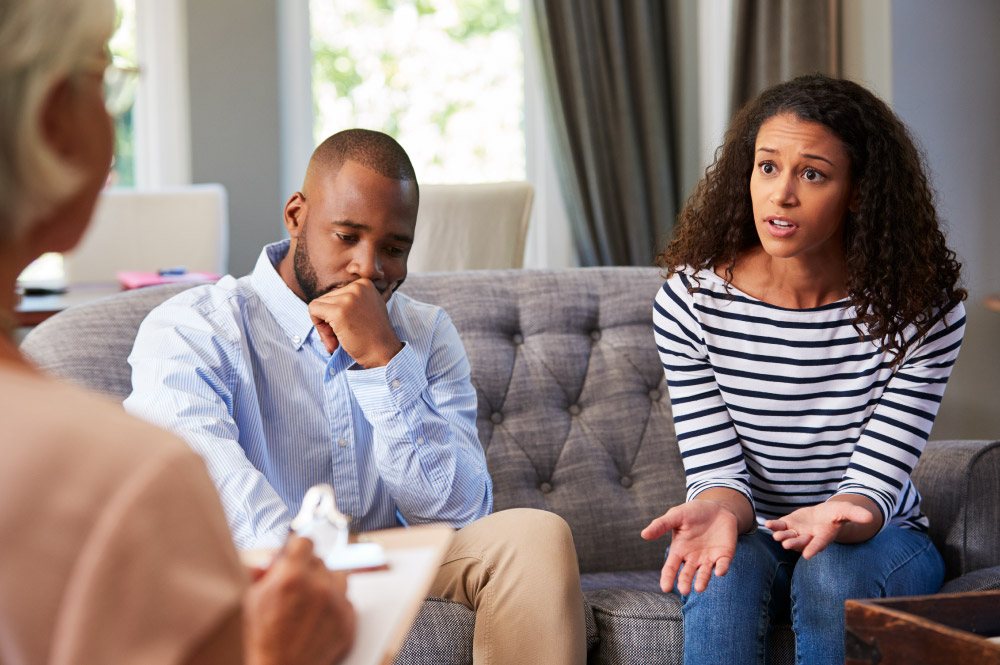

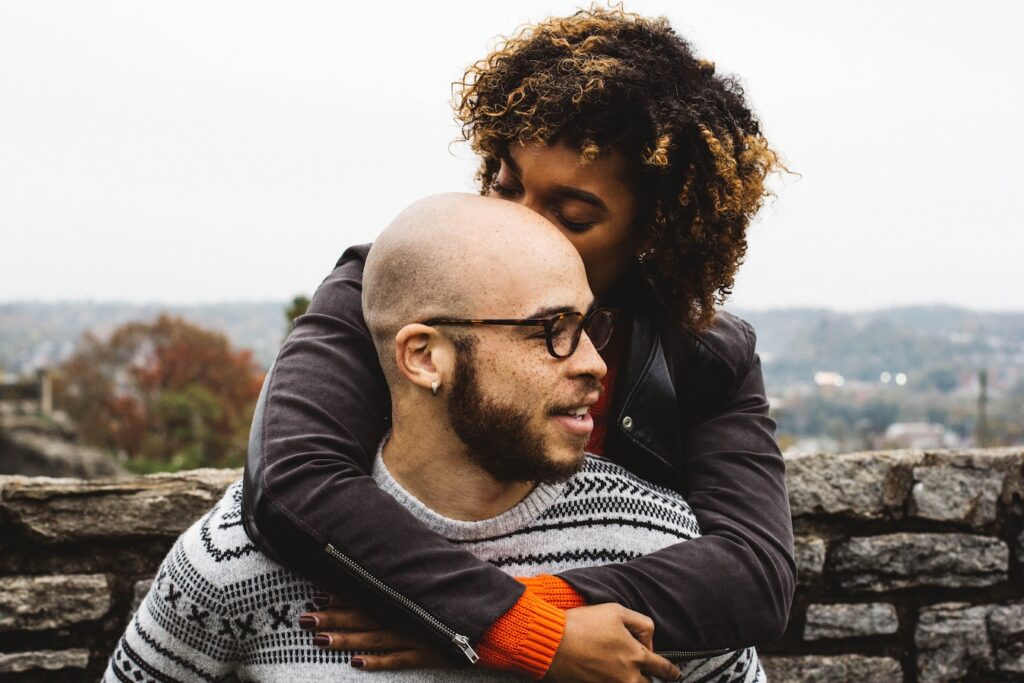
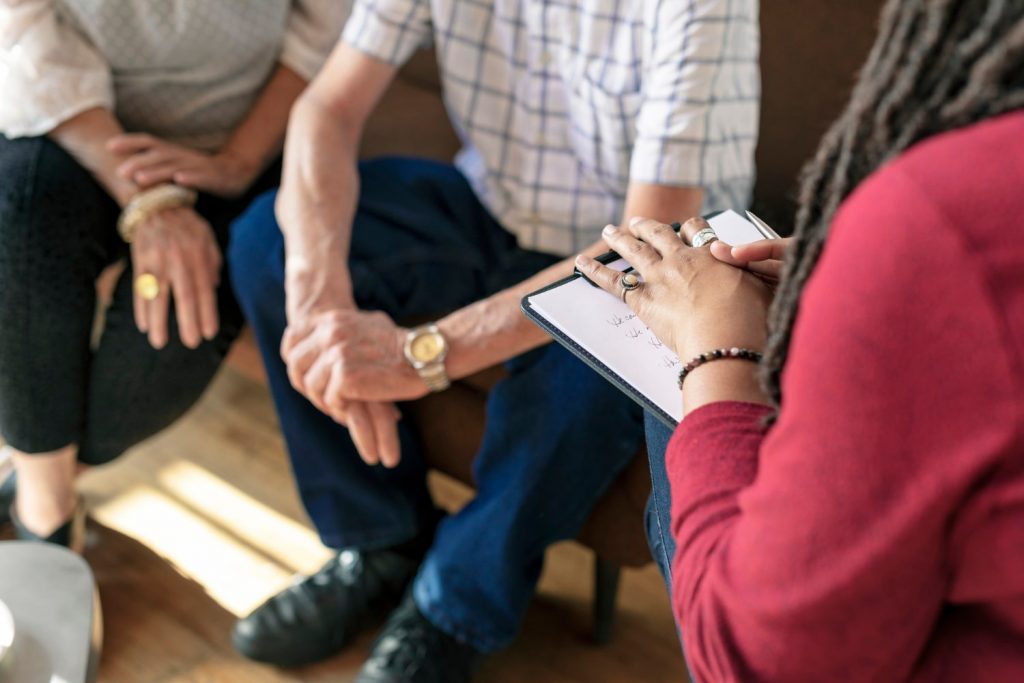



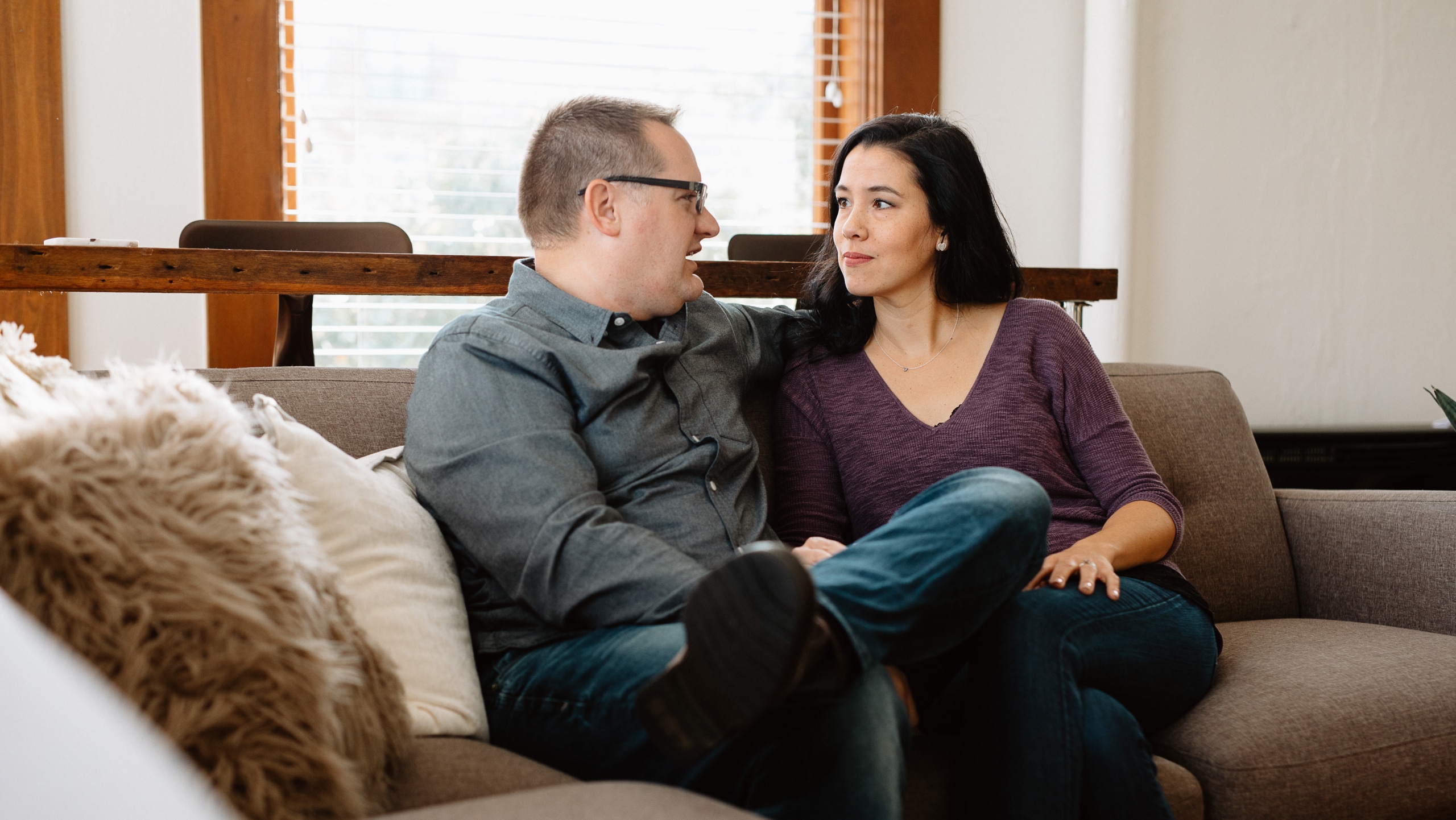








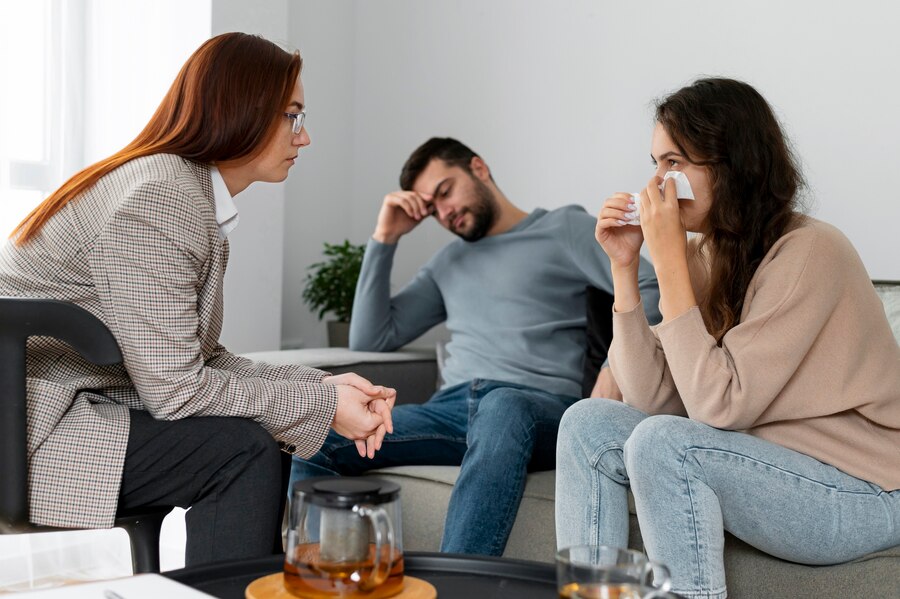

Recent Comments